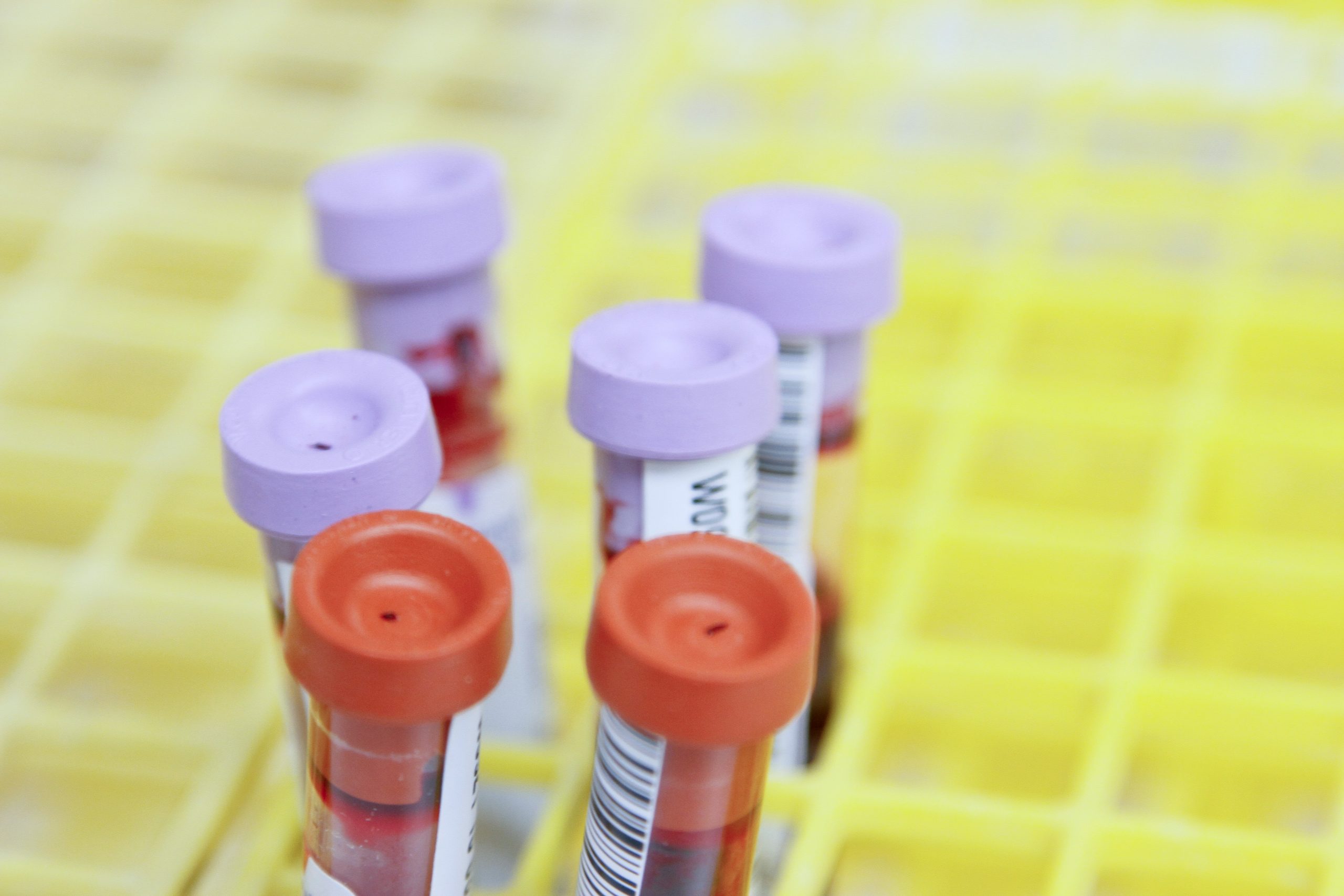
Lauren Dempsey, MS in Biomedicine and Law, RN, FISM News
[elfsight_social_share_buttons id=”1″]
Researchers at Cardiff University may have discovered the cause of rare blood clots associated with the AstraZeneca vaccine, a side effect that has concerned doctors and recipients alike.
The study, published in Science Advances describes a chain of events that occurs within the body which ultimately results in vaccine-induced thrombotic thrombocytopenia, a side effect that has been linked to dozens of deaths and ultimately the discontinued use of the vaccine in some countries, like Denmark, that had previously approved the vaccine. This rare clotting disorder was mostly observed after the first dose of the vaccine.
Researchers believe that the adenovirus is directly to blame for the blood clots after it was discovered that platelet factor 4, a protein that promotes blood coagulation, is attracted to the surface of the adenovirus. In some people, this causes the body to attack platelet factor 4 because it recognizes the protein as part of the adenovirus. The body then releases antibodies, which results in the formation of blood clots.
Professor Alan Parker, a researcher at Cardiff University said that “the adenovirus has an extremely negative surface, and platelet factor four is extremely positive and the two things fit together quite well.” He added that they’ve “ been able to prove the link between the key smoking guns of adenoviruses and platelet factor four.” Researchers were able to take pictures of the adenovirus through cryo-electron microscopy, which allowed them to examine the virus surface on a molecular level.
This research is helping scientists to better understand how and why this clotting occurs in some individuals after receiving the vaccine.
The AstraZeneca vaccine was made using a viral vector, which is similar to the Johnson & Johnson COVID-19 vaccine and may help to explain why blood clots are also associated with this vaccine. In AstraZeneca’s COVID-19 vaccine, a portion of the genetic information from the COVID-19 virus was placed inside an adenovirus that commonly causes colds in chimpanzees. When the vaccine is administered the viral vector triggers an immune response and tells the body to begin creating antibodies to fight the virus.
The vaccine is not currently FDA approved for use in the United States, but is approved in the UK, where there been over 220 cases of blood clots after receiving the AstraZeneca vaccine, 73 of which resulted in death. Researchers in a separate study that evaluated the link between the vaccine and clots found that there was a 22% mortality rate with vaccine-induced thrombotic thrombocytopenia and 41% of the patients evaluated had no underlying health issues or comorbidities.
Experts, however, continue to encourage vaccination, stating that the benefits of being vaccinated outweigh any potential risk of an adverse reaction to the vaccine. Millions of doses of AstraZeneca have already been administered, with the European Center for Disease Prevention estimating that over 132 million doses have been distributed to the European Union and European Economic Area.
A spokesperson from Oxford University said that they plan to “continue to follow with interest any new developments and investigation into potential causes for these very rare side effects associated with the vaccine, whilst being reassured by real-world effectiveness data that the vaccine remains a highly effective tool for combating this pandemic.”
